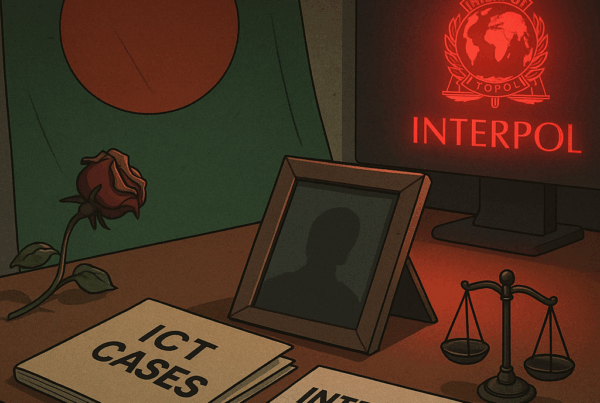Background of the Silver Notice
The concept of a “Silver Notice” was first introduced at the 84th INTERPOL General Assembly in Kigali in 2015. This notice aimed to enable INTERPOL to track offenders, terrorist financers, and others using virtual currencies like bitcoin to move and store illicit funds beyond the reach of law enforcement. Despite its promising start, the initiative was not implemented at the time and remained dormant until recent developments reignited interest.
In January 2022, INTERPOL took a significant step by establishing the INTERPOL Financial Crime and Anti-Corruption Centre (IFCACC). This move underscored INTERPOL’s growing focus on financial crimes and corruption. During the 90th General Assembly held in New Delhi, further resolutions were passed, including the formation of an Expert Working Group tasked with evaluating proposals related to financial information exchange and asset recovery.
At the 91st General Assembly held in Vienna, the assembly approved the recommendation of the Expert Working Group to launch a pilot aimed at testing the Silver Notice and Diffusion for a period of up to two years. The tasks assigned to the Expert Working Group included:
- Designing the scope of the pilot, the format of the Silver Notice and Diffusion, conditions, safeguard measures, and estimated costs, in collaboration with the General Secretariat.
- Providing feedback and guidance to the General Secretariat during the implementation of the pilot phase.
- Submitting a report to the General Assembly at its 93rd session concerning the results of the pilot phase and any recommendations for the future use of the Silver Notice and Diffusion
Potential for misuse of the Silver Notice
Garba Umar, Vice-President of the International Criminal Police Organisation for Africa, highlighted both the potential benefits and risks of the Silver Notice. Speaking at the workshop on the fight against financial crime organised by INTERPOL and the Japan International Cooperation Agency in Abuja, he stated, “For the first time in the history of INTERPOL, we are now introducing the Silver Notices. The EFCC and the NFIU will trace where this money is, not only tracing the money, but repatriating the money through our MLAT, our natural legal, diplomatic channels, and so on. This is what we are doing, through police-to-police international cooperation.” This underscores the significant benefit of the Silver Notice: its capability to trace and repatriate stolen funds through established legal and diplomatic channels.
However, Umar also mentioned, “The Silver Notice will trace wherever the funds are, the money that was stolen by corrupt leaders, corrupt politicians, and corrupt individuals, criminals.” While this highlights the tool’s effectiveness, it also inadvertently emphasizes the potential for misuse.
The specific mention of political figures as targets is particularly troubling. Historically, certain autocratic states have exploited INTERPOL’s Red Notices to persecute political opponents, dissidents, and former government officials. This misuse directly violates Article 3 of INTERPOL’s Constitution, which strictly prohibits the organization from engaging in activities of a political, military, religious, or racial nature.
The inclusion of political figures as targets raises significant concerns about the potential for the Silver Notice to be similarly abused. The precedent set by the misuse of Red Notices demonstrates how INTERPOL’s tools can be manipulated for political purposes under the guise of combating crime.
“This notice will trace wherever the funds are, the money that was stolen by corrupt leaders, corrupt politicians, and corrupt individuals, criminals”
Garba Umar, INTERPOL Vice-President for Africa
Despite planned safeguard measures during the pilot phase, the risk of misuse remains high. The very nature of the Silver Notice, designed to trace and recover funds, makes it a powerful tool that could be turned against political enemies.
To mitigate these risks, it is imperative that INTERPOL implements robust safeguards. One crucial measure would be the prior publication control by the Notices and Diffusions Task Force (NDTF). This oversight mechanism, similar to those applied to Red Notices and Wanted Person Diffusions, would help ensure that Silver Notices are not issued based on politically motivated requests.
By establishing these stringent safeguards, INTERPOL can better ensure that the Silver Notice serves its intended purpose—combating financial crime—without becoming a tool for political abuse. This balance is critical to preserving INTERPOL’s credibility and upholding its mission of facilitating international police cooperation while respecting human rights and maintaining neutrality.





